24 June 2019
The Malaghan Institute’s translational immunology programme will get a $5 million funding boost over the next five years to investigate how certain health foods can protect us from urban air pollution.

Dr Olivier Gasser
The funding is one of four priority research programmes funded in the second phase of the High-Value Nutrition (HVN) National Science Challenge, with a $22.4 million investment linking health research to New Zealand’s food and beverage industry.
Led by Dr Olivier Gasser, translational immunology team leader at the Malaghan Institute, the goal of the HVN Immune Health Programme is to address urban air pollution by finding ways to leverage diet to improve lung health and function, and apply it in an economic setting. Air pollution and associated threats to general health and productivity, including an increased risk of metabolic and cardiovascular disease, are of significant importance to Chinese consumers.
Phase 1 of the programme focused on gaining a wider understanding of the interactions between diet, the microbes in the gut, and the immune system in the context of lung health. Primarily, attention was placed on investigating the influence of diet on lung health, mediated either directly by food ‘bioactives’ or indirectly via changes to the gut microbiota, and the role immune cells played in this interaction.
The phase 1 programme established mechanisms to evaluate the beneficial effect of different foods and food-derived bioactives to combat air pollution-driven inflammation, which highlights the opportunity of the New Zealand food and beverage industry to engage in this emerging and substantial market.
In phase 2, the programme will conduct clinical studies to assess the ability of selected New Zealand-produced foods to protect Chinese customers from the harmful effects of air pollution.
“Chronic exposure to airborne pollutants is a big threat to the Chinese population and it not only impacts lung health, but has been more recently associated with metabolic disease as well,” says Dr Gasser. The planned studies will investigate the impact of selected foods on pollution associated systemic inflammation and metabolic co-morbidity.
“Another important task of the HVN Immune Health Programme is to establish an immunological analysis platform which can be used by the other HVN health themes,” says Dr Gasser. “Leveraging the comprehensive banking of samples from completed human studies, the research team are creating an analysis pipeline to understand the complex relationship between food, the microbiome and the human immune system,” he says.
“This depth of analysis has never been achieved before and attests to the science excellence the team have been building over the years, in collaboration with various HVN partner institutions such as AgResearch and Plant and Food Research, as well as the New Zealand F&B industry,” says High-Value Nutrition Director, Joanne Todd.
“The Immune Health programme is moving seamlessly into the specific phase 2 preparations, which include setting up a human trial platform in China,” says Ms Todd. “Very close interaction with New Zealand F&B industry partners and finalising the immunological tools which will be used to support the scientific and industry goals of HVN in the next 5 years,” she says.
Related articles
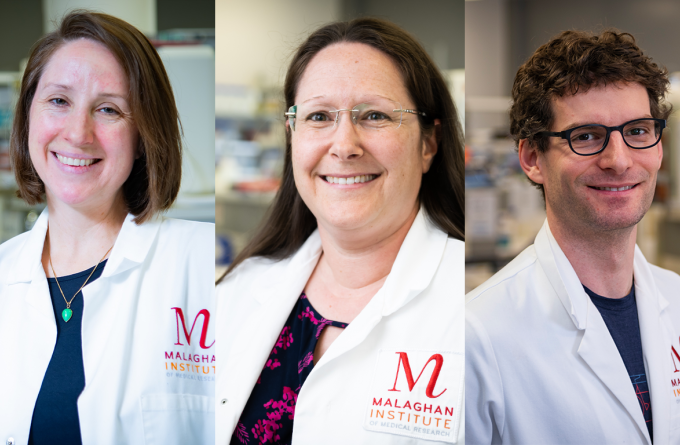
New funding supports cutting-edge research into immune cell metabolism
13 October 2025
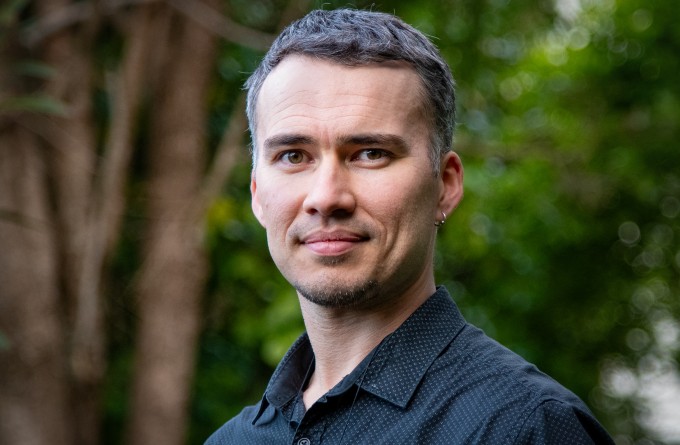
Te Pūnaha Awhikiri: Exploring the Immune System through Mātauranga Māori
7 July 2025
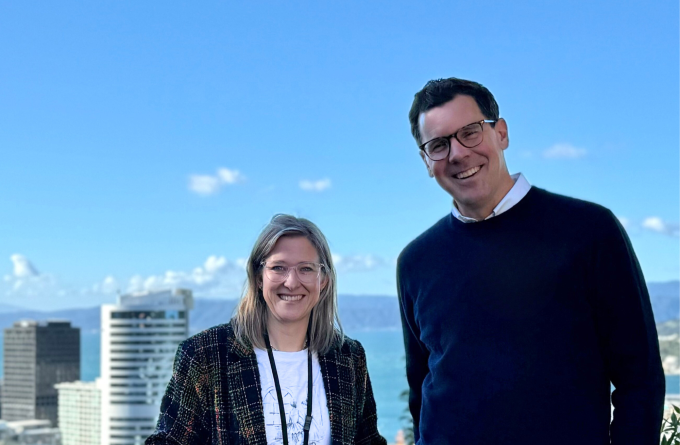
Malaghan visiting researcher: Associate Professor Timothy Hand
16 June 2025

Dr Michelle Linterman: Asking the age-old question
30 April 2025
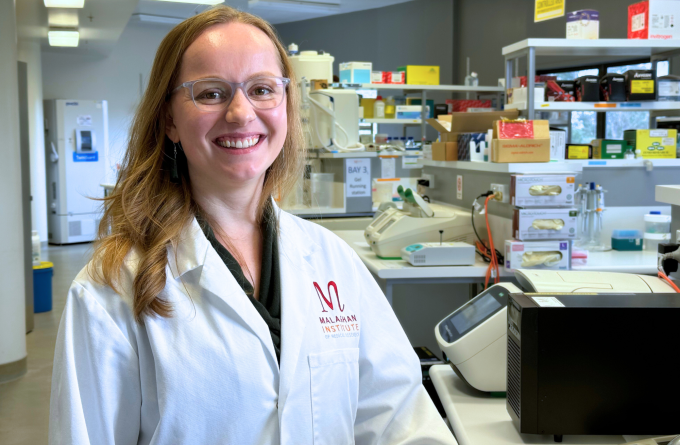
Fever: too hot to handle or the body's first line of defence?
22 August 2024
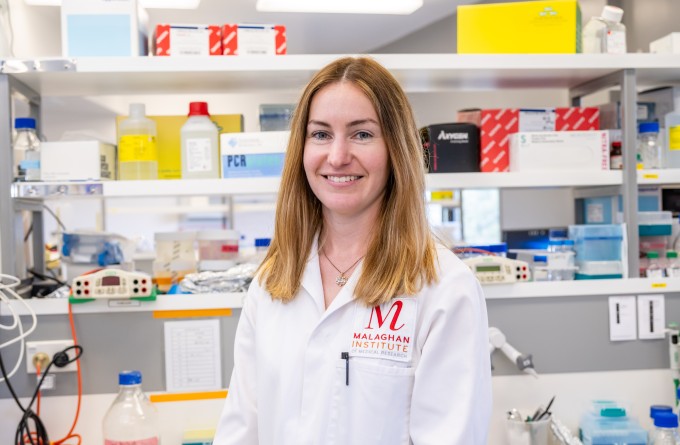
New research deepening understanding of elusive eosinophils
27 June 2024
